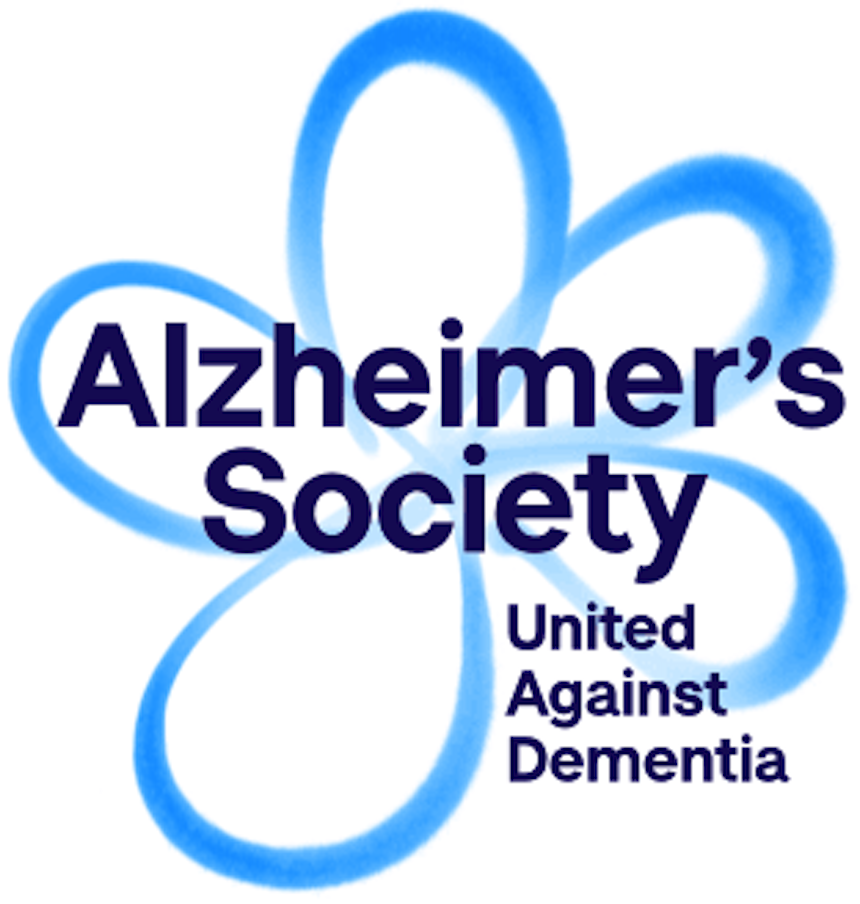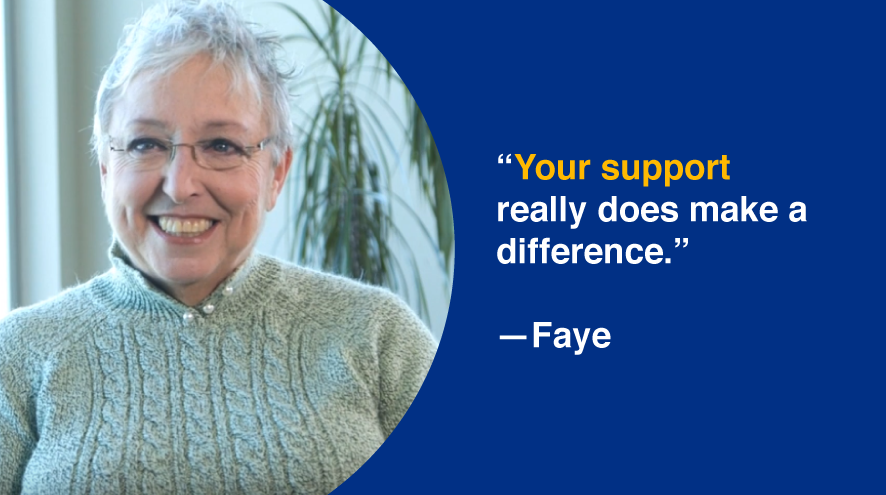Hallucinations
A hallucination can include something you hear, smell or feel that does not actually exist. Hallucinations are usually perceived as unpleasant and can lead to fear and even to aggressive behaviour. It’s not easy to know how you should respond to hallucinations. Try to determine if the hallucination is a problem for the person or not. Is the person scared, upset or is the hallucination leading the person to do something dangerous? If the hallucinations is not bothering the person maybe you don’t have to address it at all.
Try to discover the cause.
Hallucinations could be based on things surrounding the person, something they have experienced in the past or connected to sounds, smell etc. Is it possible to discover a pattern to when the hallucinations take place?
Modify the environment.
Look at the environment surrounding the person. Several things could trigger the hallucinations, such as dark corners, dimmed lighting, shadows, furniture etc. Try to change the environment. Maybe that will help.
Offer reassurance.
When experiencing hallucinations, the person really believes what they see, hear etc is real. If you challenge what they experience you will probably just upset the person further. Try to remain calm and comfort the person. Make the person understand that you will be there for them.
Acknowledge the feelings behind the hallucination.
You may not understand where the hallucinations come from, but let the person know that you understand that it must feel scary or upsetting to experience for the person.
Create a distraction.
Try to distract the person away from the situation. Change the lighting, remove objects, go to another room, turn on music, go somewhere quiet, start an activity etc. Don’t restrain the person physically. The person may react violently or offer strong resistance because they do not understand what’s going on and might think that you are trying to prevent them from escaping a dangerous situation.
Make sure the person eats and sleeps enough.
Make sure that the person eats and sleeps enough. Malnutrition or dehydration can affect the function of the brain.
https://www.alz.co.uk/



https://www.dementiaguide.com/
Comments
Sign in or become a DemiCare member to join the conversation.







